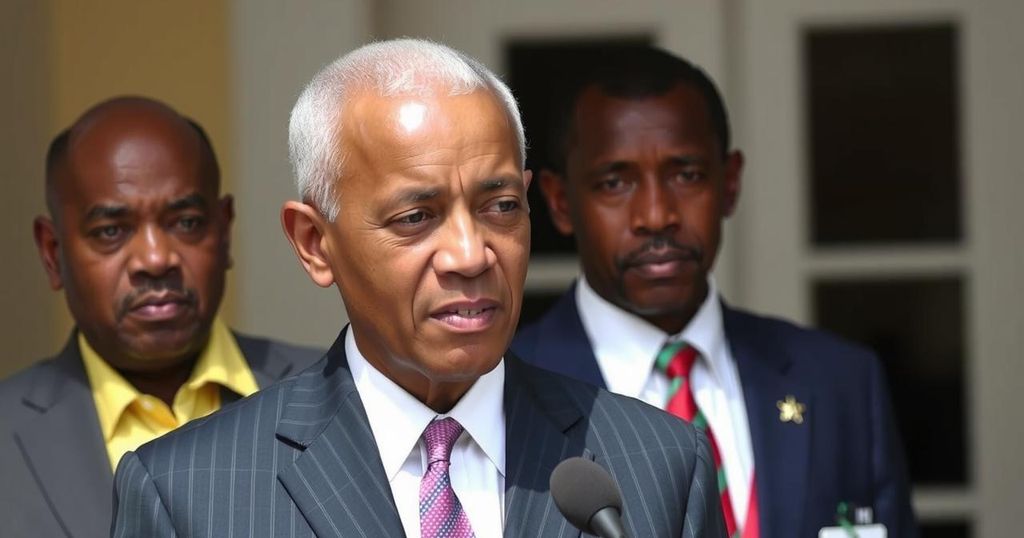Biden Highlights U.S.-Angola Relationship During Historic Visit
President Biden stressed the importance of the U.S.-Angola relationship during his first presidential trip to the African nation, acknowledging the painful history of slavery while advocating for future cooperation. He announced over $3 billion in U.S. investments aimed at improving infrastructure and supporting economic development in Angola and highlighted the establishment of strategic partnerships to enhance commercial ties between the two nations.
During his inaugural visit to Angola, President Joe Biden emphasized the evolving relationship between the United States and Angola, acknowledging both nations’ historical challenges. Speaking at the National Museum of Slavery, he acknowledged the grim past of slavery, stating, “There is nothing beyond our capacity if we work together.” He emphasized the necessity of recognizing their shared history, indicating that the first Angolan slaves were taken to the Americas over four centuries ago, and calling slavery America’s “original sin.”
Biden highlighted the importance of remembering those who suffered unjustly and the ongoing struggle against racial injustice. He recognized the significant role of Angolan individuals in the transatlantic slave trade, noting that their descendants are integral to America’s history. He introduced three descendants of the first enslaved Angolans to the audience, marking a poignant connection to this painful legacy.
As the first U.S. president to visit Angola, Biden affirmed the United States’ commitment to Africa, declaring that the nation is “all-in on Africa’s future.” He announced over $3 billion in U.S. investments directed towards infrastructure Projects in Angola, such as the Lobito Trans-Africa Corridor, aimed at enhancing job opportunities and economic collaboration. Biden also discussed with Angolan President Joao Lourenco the significance of these investments for regional development and the strengthening of the bilateral economic relationship.
Additionally, the establishment of the U.S.-Angola Commercial and Investment Partnership represents a new chapter in enhancing commercial ties between the two nations. Furthermore, Biden affirmed U.S. support for Angola’s fight against corruption, aiming to bolster accountability and rule of law, thus fostering the growth of entrepreneurship and local communities.
President Joe Biden’s trip to Angola marks a significant diplomatic engagement, emphasizing the historical and contemporary ties between the United States and African nations. The backdrop of this visit is the complex relationship forged over centuries, particularly the shared history of slavery, which Biden described as America’s “original sin.” His visit is part of a broader strategy to enhance U.S. investment in Africa, showcasing a commitment to support economic growth and democratic values within the continent. By addressing these historical issues and promoting new economic initiatives, the Biden administration aims to foster stronger ties with Angola and other African countries.
In conclusion, President Biden’s visit to Angola underscores the importance of recognizing historical injustices while also promoting future collaborative efforts. His acknowledgment of slavery’s haunting legacy, combined with a commitment to over $3 billion in investments, sets a promising tone for U.S.-Angola relations. With the establishment of partnerships aimed at enhancing trade and supporting local governance, the visit symbolizes a renewed commitment to Africa’s progress and prosperity.
Original Source: www.upi.com




Post Comment